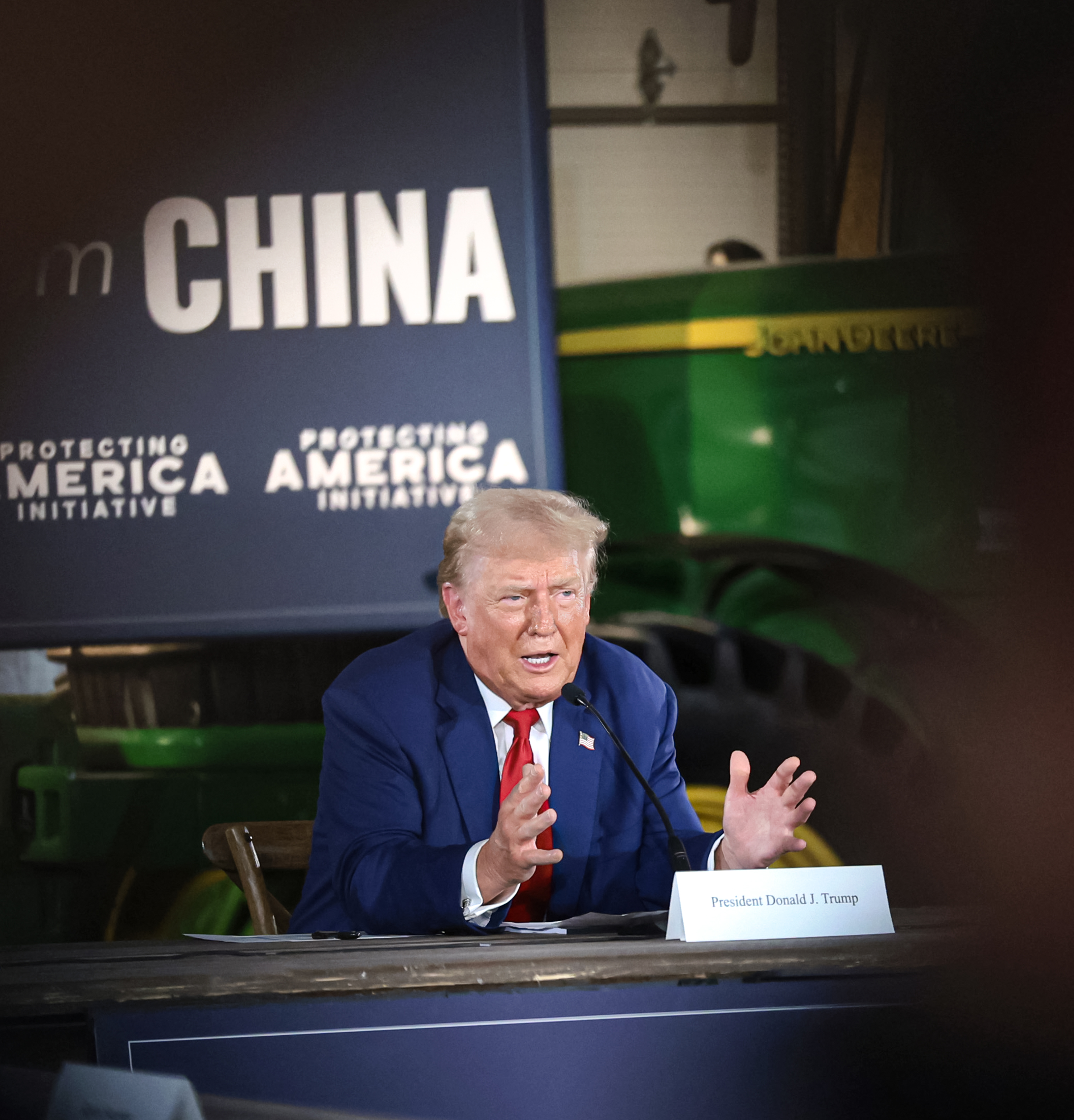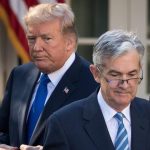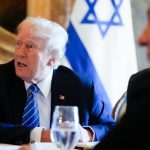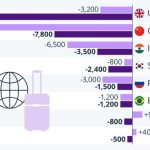
By the end of his first term, Trump experienced first-hand the result of placing trust in the communist regime. The United States was hit hard by the COVID-19 pandemic, borne from an outbreak in China that was covered up by the Chinese Communist Party (CCP). The January 2020 phase one trade deal with China to rebalance the trade deficit went largely unfulfilled.
“China’s goal of a stable, healthy, and sustainable China–U.S. relationship remains unchanged,” Xi said.
When congratulating Trump on his reelection recently, Xi said that the two countries will stand to “gain from cooperation and lose from confrontation.”
Experts say to expect confrontation.
Australia-based former Peking University law professor Yuan Hongbing used to be Xi’s drinking buddy during the 1980s when Xi was the deputy mayor of Xiamen in the coastal Fujian Province. Yuan told The Epoch Times that Xi and Trump’s “conflict of fate” is “inevitable.”
Yuan said Xi is determined to revive the international communist movement and dominate the future of mankind in the name of communism—what Xi calls the “community of common destiny,” which is strategically in conflict with Trump’s ideal of “making America great again.”
While Xi has long advocated that the United States and China could “coexist peacefully,” Yuan said these remarks reflect the CCP’s nature—saying nice things in public while doing harm in practice.

David Arase, a professor of international politics at the Johns Hopkins University’s Hopkins-Nanjing Center for Chinese and American Studies in China’s Nanjing city, likened Xi’s statement to a Chinese expression about two tigers: one in charge of the east mountain and the other presiding over the west mountain.
“But we’re in a globalized world. The world doesn’t divide that way anymore,” he said, calling the Chinese approach “fundamentally anachronistic.”
Fundamental Conflict of Economic Interest
Since Trump left the White House in January 2021, the competition landscape of the United States and China has shifted.
The United States has been dealing with high inflation domestically and is stretched thin from providing military aid to Ukraine and Israel in the two regional wars.
During the Biden administration, Chinese production subsidized by Xi’s 10-year industrial “Made in China 2025” policy ramped up significantly.

China’s overcapacity remains a fundamental conflict of interest between the two countries, according to Nick Iacovella, senior vice president at the Coalition for a Prosperous America (CPA), an advocacy organization exclusively representing manufacturers that have productions in the United States.
“We have tried to negotiate with China. It does not work, and frankly, it will never work because of the fundamentals of their economy. It has nothing to do with diplomacy,” he told The Epoch Times.
“The Chinese Communist Party just cannot afford to rein in their overproduction. It’s the only way they’ve stimulated economic growth across the country.”
Exports have remained one of the few bright spots of the Chinese economy. In October, exports grew by 12.7 percent year over year, the fastest in 27 months. This increase was largely due to importers stockpiling goods in anticipation of a tariff hike, as many expected that Trump would be reelected.
While campaigning with farmers in Smithton, Pennsylvania, a borough near Pittsburgh, on Sept. 23, Trump said that, if reelected, his first call would be to Xi, asking him to honor the deal.

Direct Communication
Arase said he expects Trump to “devote a lot of personal attention” to U.S.–China relations.
He noted that the two top leaders’ direct communication might offer clearer guidance to lower-level officials.
“Trump is the sort of person who will just pick up the phone and call and talk to Xi Jinping, so I think that’s actually going to be a good thing,” Arase said.
On the campaign trail, Trump hasn’t ruled out the possibility of making deals with China.
Arase called that a “carrot” and “an incentive for China to sort of engage.” He said the Chinese might try to find a way to invest in the United States and make deals that would benefit them.
However, Arase is not very optimistic about any deal.
“China is so sort of dug in with this whole struggle narrative that I don’t think Xi can compromise with the U.S.,” Arase said.
He said Trump might still try to strike a deal with China, but given what happened with the phase one deal, Trump would ensure harsh consequences if China doesn’t deliver again.
In contrast, Iacovella said he doesn’t believe that Trump will negotiate another deal with China during his second term.
“There’s no more negotiation and leverage,” he said, noting that Trump and soon-to-be Vice President JD Vance understood the harrowing impact in American communities caused by the trade imbalance with China, which Iacovella described as a “self-inflicted wound” by allowing China to dump its overcapacity in the United States.

Accelerated Strategic Decoupling
Iacovella expects Trump to raise tariffs as soon as he takes office.
In addition to tariffs, Iacovella sees Trump rolling out industrial policies to stimulate domestic production, curbing China’s ability to raise funds from the U.S. capital markets, and prohibiting Chinese companies from receiving federal incentives under the Inflation Reduction Act.
According to Iacovella, if Trump implements the above policies, “a strategic decoupling, which has already started, will continue at a much more rapid pace.”












